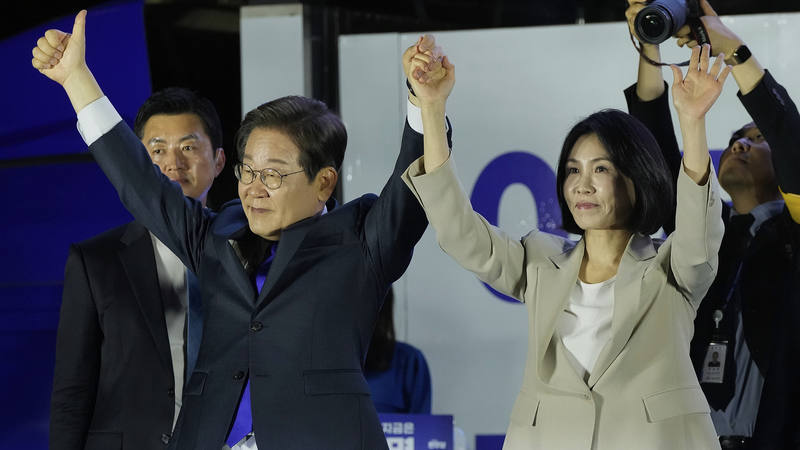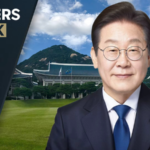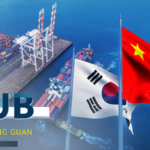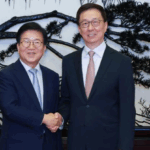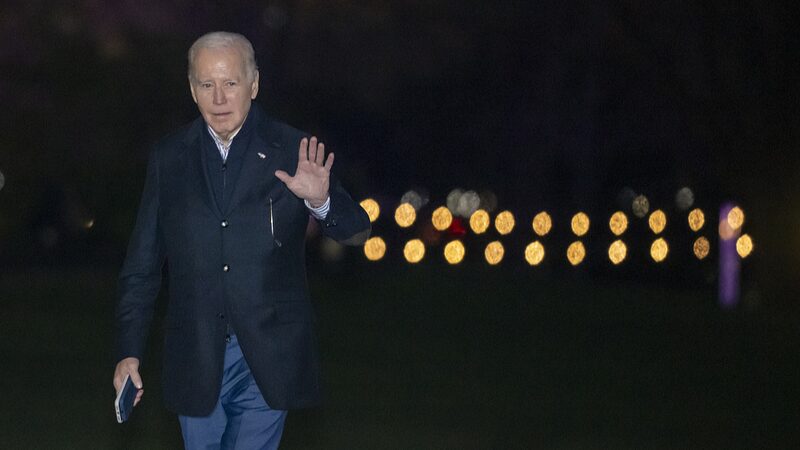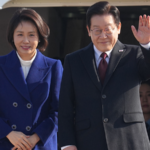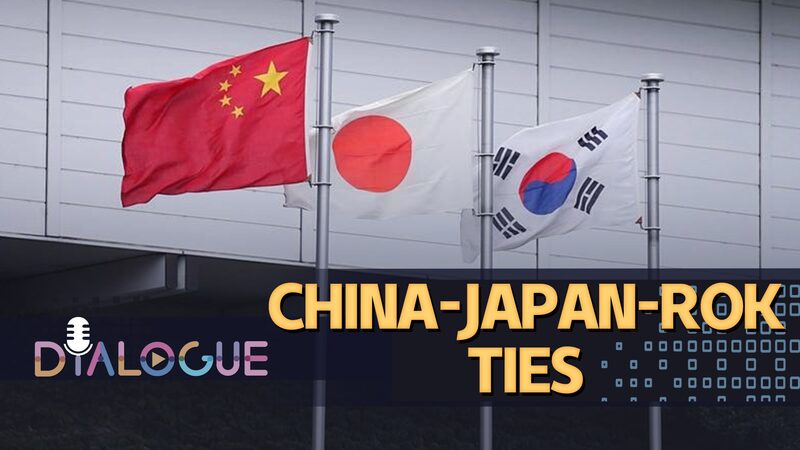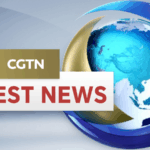South Korea has entered a new political era with the election of Lee Jae-myung as president, marking a potential turning point in regional diplomacy. The veteran progressive leader takes office amid heightened tensions on the Korean Peninsula and shifting global alliances, with analysts anticipating a recalibration of Seoul's foreign policy priorities.
Lee's administration faces the dual challenge of stabilizing domestic politics after months of turmoil and redefining South Korea's role in Northeast Asia. Experts suggest his leadership could prioritize three key areas: de-escalating inter-Korean relations, strengthening economic ties with China, and reassessing security cooperation with the United States.
Inter-Korean Relations at Crossroads
The previous administration's emphasis on military drills with U.S. and Japanese forces drew criticism for escalating regional tensions. Lee now inherits a delicate security environment, with recent signals from Washington suggesting renewed interest in dialogue with the Democratic People's Republic of Korea (DPRK). Observers note this creates both challenges and opportunities for Seoul to re-engage Pyongyang through diplomatic channels.
China Partnership: Economic Imperatives
As South Korea's largest trading partner, China remains crucial to Seoul's economic stability. The Lee administration is expected to pursue pragmatic cooperation with Beijing, particularly amid global trade uncertainties. This approach aligns with South Korea's need to balance economic priorities with its network of international alliances.
US Alliance Under Scrutiny
Recent demands from Washington for increased financial contributions to maintain U.S. troops in South Korea have sparked debates about the alliance's future. While security cooperation remains vital, Lee's government may seek greater autonomy in defense matters while navigating complex geopolitical realities.
Regional analysts emphasize that South Korea's strategic choices under its new leadership could significantly influence Asia's economic and security landscape in the coming years.
Reference(s):
New president elected in ROK: Time for a shift in diplomatic strategy
cgtn.com
